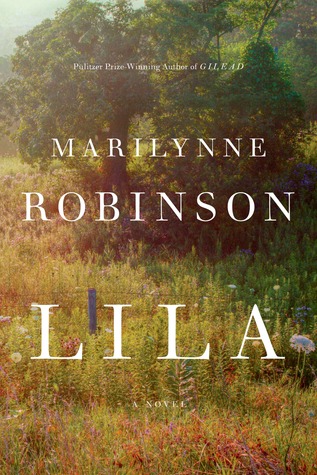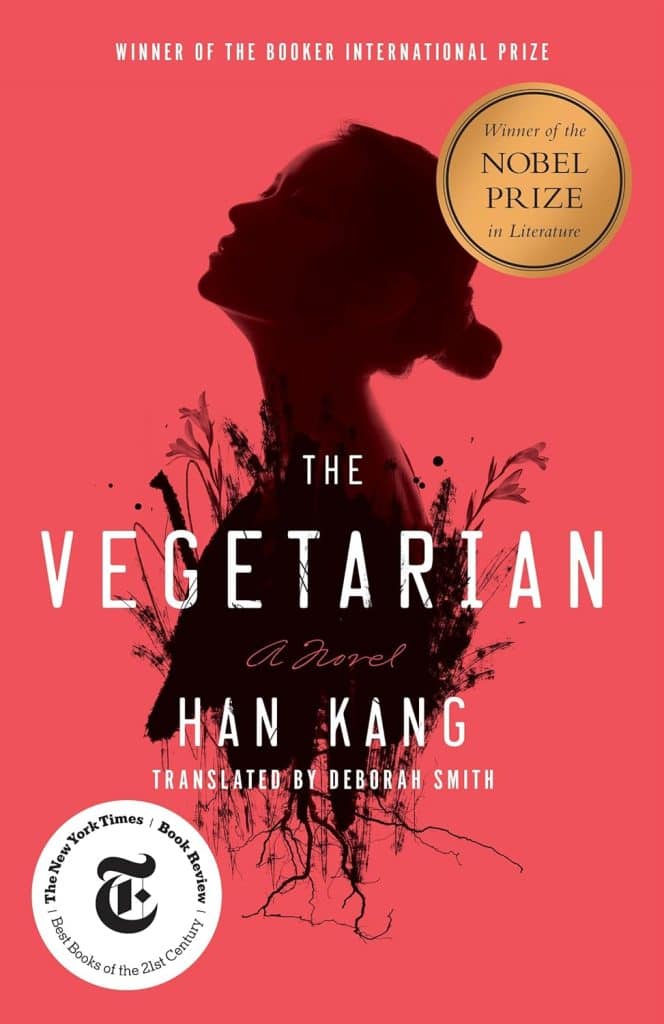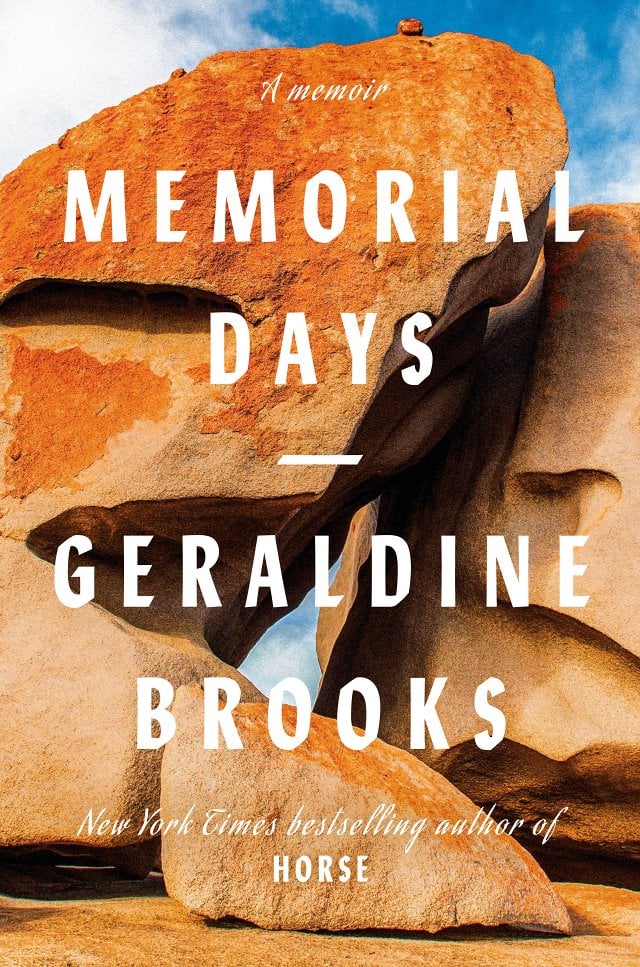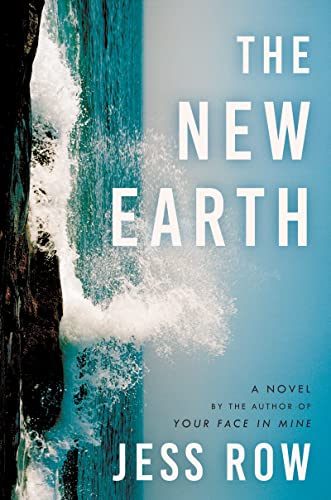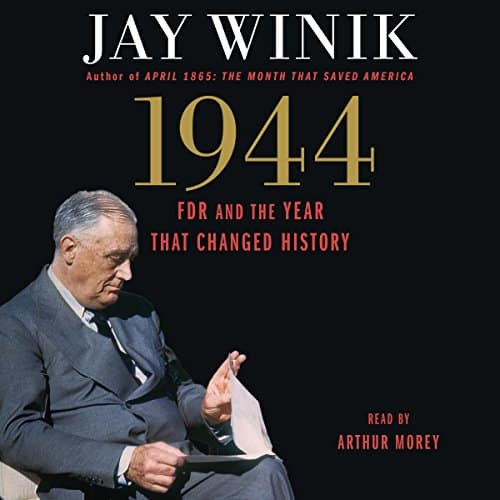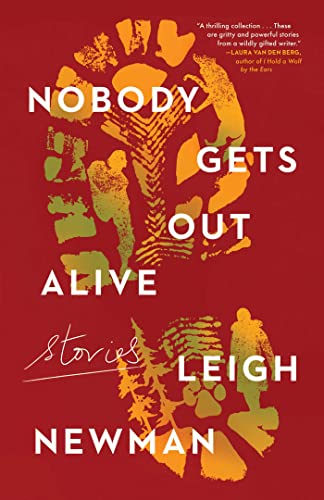Visiting Jan During COVID
Estimated reading time: 7 minutes, 32 seconds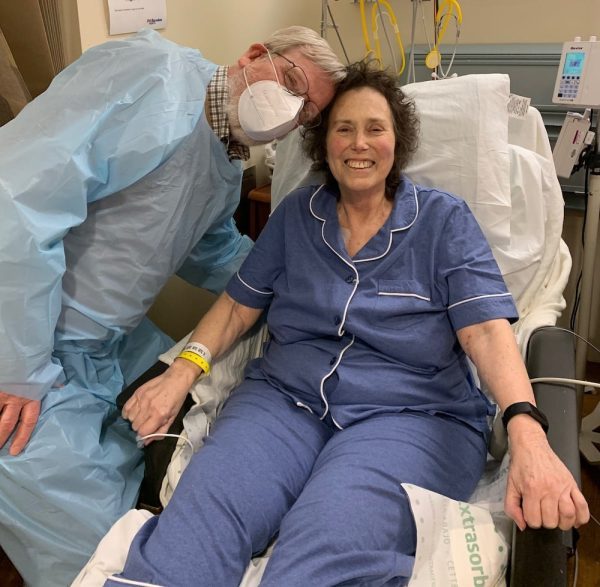
Morning Alone
The alarm goes off, but I have already been awake for hours—the thought of seeing Jan had kept all of the synapses in my brain working at quantum speed. The inflatable mattress squishes as I stand up. My legs are wobbly as the bed is so close to the floor.
I devour breakfast; I am not sure what I ate.
Standing in the shower stall, I almost turn the water on again as I cannot remember if I showered. Soaking wet, I decide I must have showered. Today is essential, but it is not our first date.
Last night, I ordered food from Jerusalem Pizza, but they do not open until eleven. I pace aimlessly around the apartment.
I look at the NY Times again. None of the news in the paper version, good or bad, has changed. I debate checking my iPhone but decide to let it be.
At 9:30, I pull on my coat and start to leave to walk to her car. That takes ten minutes. The drive to pick up the food is only thirty minutes. Should I wait here or there? I decide to leave in hopes they open early.
Jerusalem Pizza
“I am here to pick up an order,” I say as I stand by the counter. “We have it almost ready,” the staff person responds. My heart sinks at the thought that I will see my wife late. He seems not to notice my angst.
He explains they are missing one salad. He recites the list of salads I can see in front of me.
“The Israeli salad will do.”
“You already have one already in the order.”
“I know,” I respond quickly. Will two of the same salad work?
“That’s fine; she likes the Israeli Salad.”
“Very good.”
They finish the order while I grab utensils and napkins.
His eyes focus on my left hand. “Is this for your wife?”
“Yes, she is in the hospital.”
“Is she OK?”
“My wife has been in the hospital for a month, and I am unsure how she is doing, but I can visit her.”
I hear him whispering words in Hebrew.
I just said a prayer for her recovery.
I nod, as I cannot speak. I sign the charge slip and doubled the tip.
The Hospital
“Hi, how are you,” I say to the staff person at the table at the lobby entrance. I am here to see my wife, Jan Lilien.” I want her to check my temperature as quickly as possible. It has been 97.1 on every other visit, and she writes the same number and my name on the slip. I must look puzzled.
“I remembered your name as you have been here every day,” she says.
“Yes.”
I mouth or say thank you as my mind spins while she calls the COVID unit.
“I have Mr. Brown here to see his wife, Jan Lilien.”
I can’t understand what they are saying, but everything seems to go smoothly.
She gives me directions to the COVID unit.
“Thank you.”
With each step I take, I move faster.
The staff tells me to slow down.
“I am going to see my wife!”
“OK. But you cannot run in the hospital.”
After almost 48 years, I recently lost my wife, Jan Lilien. Like The Little Prince, Jan and I believed that “The most beautiful things in the world cannot be seen or touched, they are felt with the heart.” This blog is a collection of my random thoughts on love, grief, life, and all things considered.


